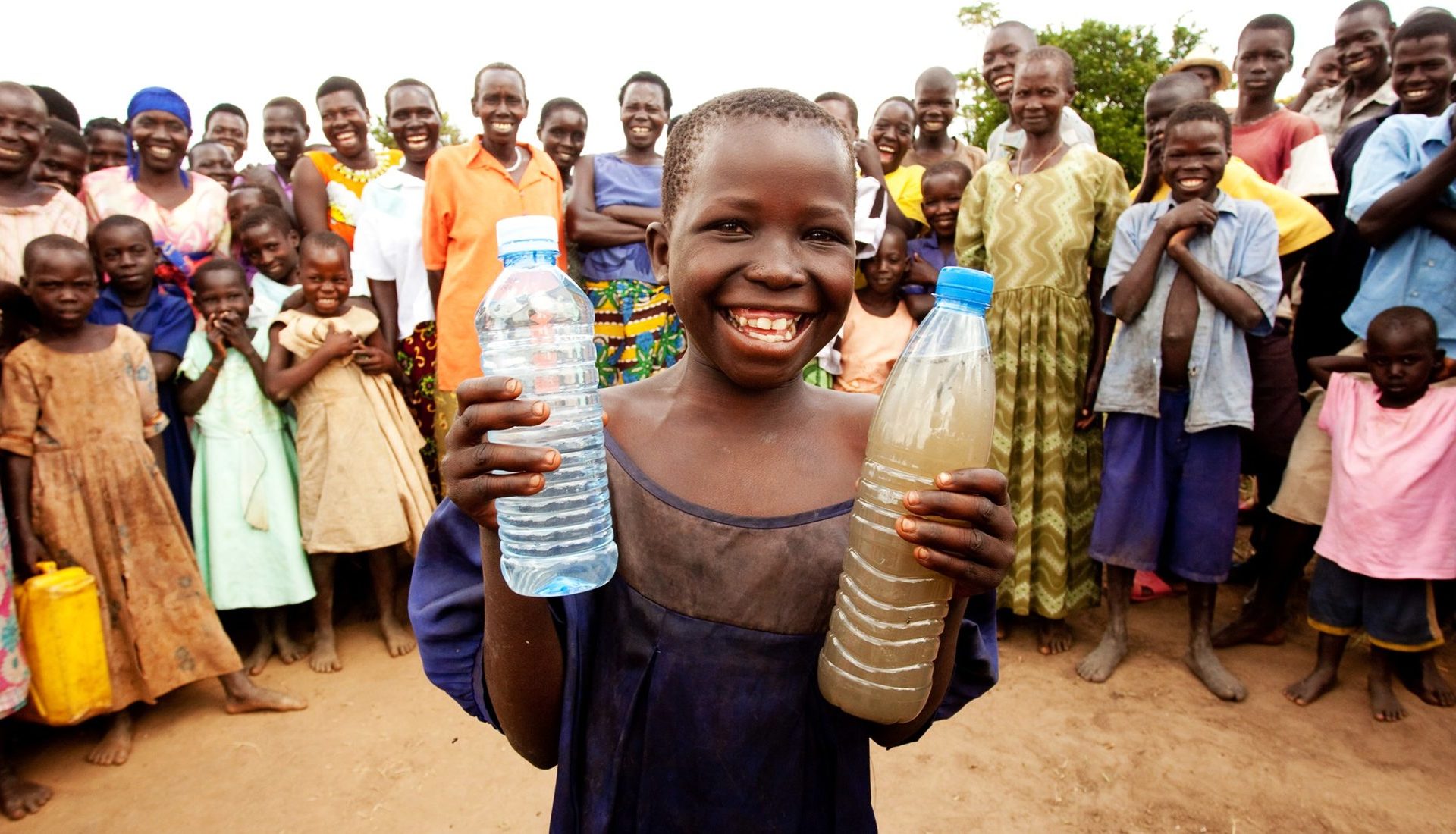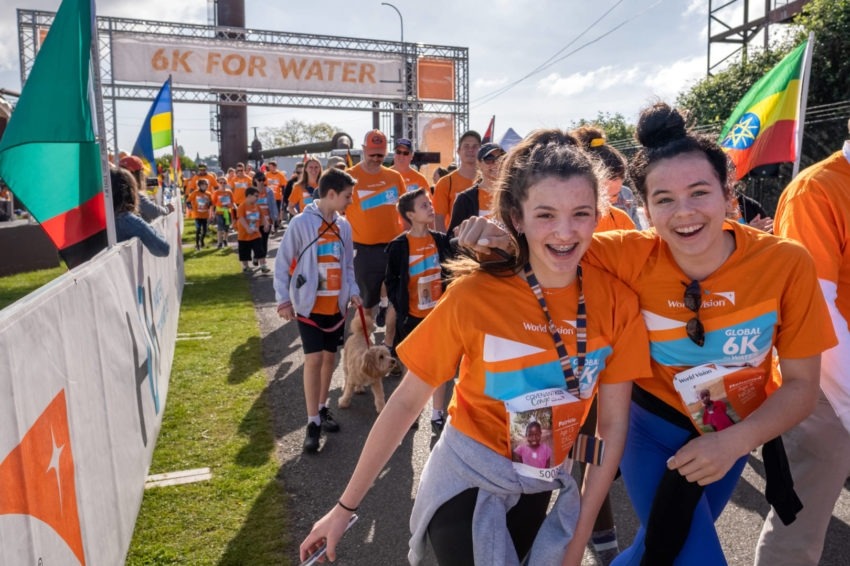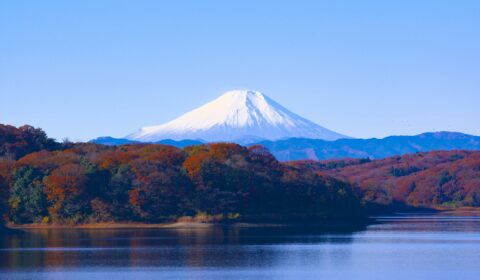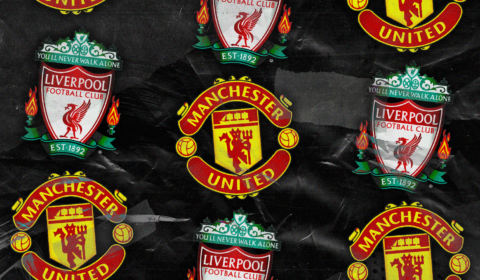Over 4,500 deaths are caused around the world each day due to poor hygiene and over two billion people live without access to adequate sanitation. But there’s plenty being done to tackle the ongoing crisis.
Lots of us take it for granted, but turning on a clean tap and using a proper bathroom are ideals impossible to many around the world.
Water is absolutely essential to our quality of life and opens up an abundance of possibilities that improve living conditions in long term ways. Without water, growing crops, building infrastructures, remaining healthy, and working hygienically is extremely difficult.
It might be shocking to read, then, that so many people around the world are unable to get access to clean water and decent hygiene. Nearly 800 million people don’t have access to a reliable water supply, which equates to over 11% of the world’s population.
So, you’re probably wondering what can be done to help, and where to go for more information. We’ve given an outline below with links to charities and their work to get you clued up about the water and sanitation crisis, as well as some info on how you can help.
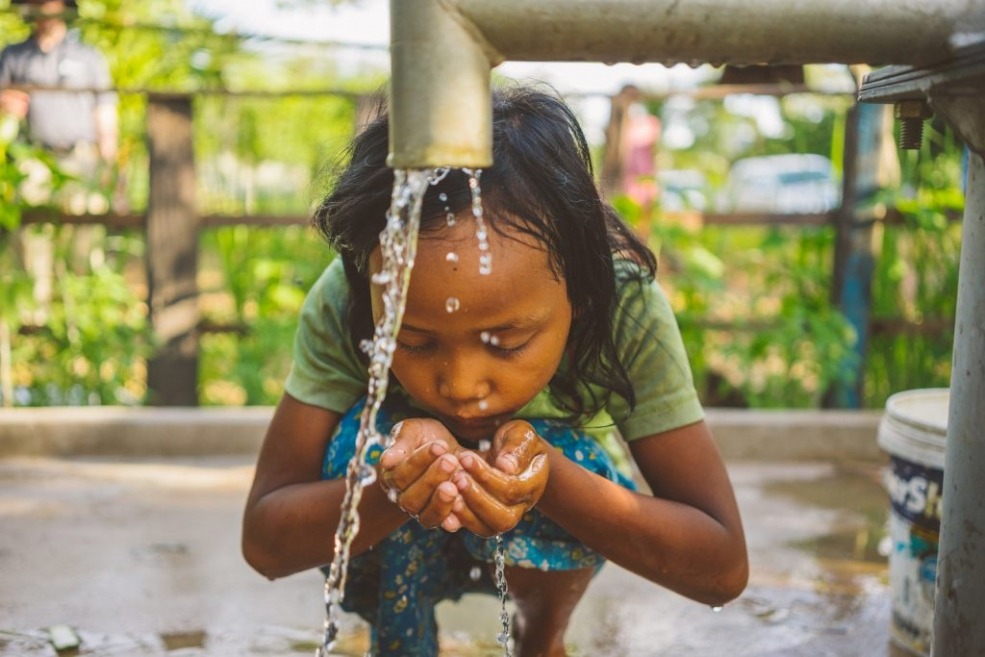

What is the sanitation crisis?
If you’re lucky enough to be from a wealthy country, you may not be aware of the widespread severity of the sanitation issue that affects close to a third of the world, particularly in Africa and Asia. The Centres for Disease Control and Prevention (CDC) considers water sanitation a high priority problem that needs to be solved by the end of this century.
In developing nations, sanitation-related diseases are a leading cause of death for children under five. Access to clean water, basic toilets, and black water disposal schemes are scarce in many poorer countries, making hygiene standards almost impossible to meet.
According to Water.org, 75% of the population in Uganda don’t have access to a toilet, while other countries such as Ethiopia, Ghana, Kenya, and Bangladesh are not far behind. Sanitation and scarcity of fresh water are also expected to become more intense issues as climate change develops over the next decade – the World Economic Forum listed it as one of the largest growing global risks.









